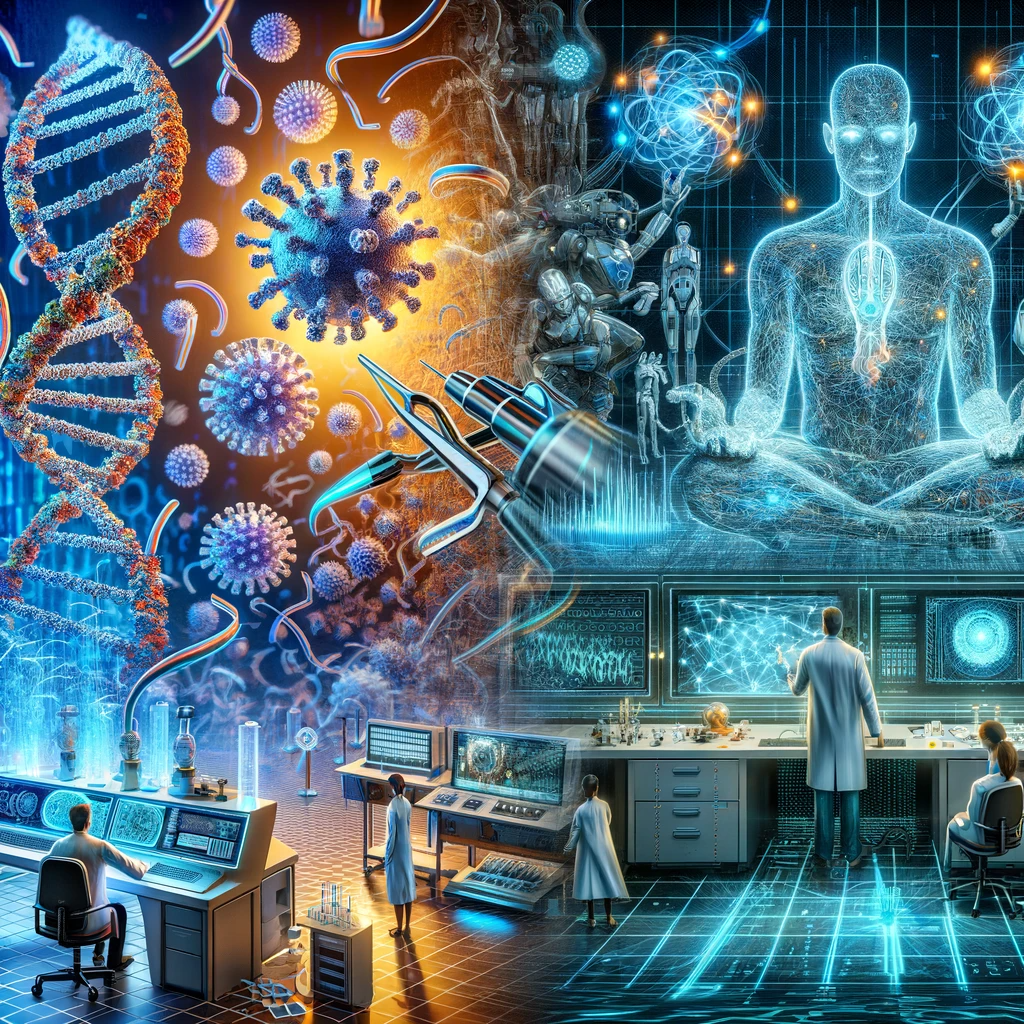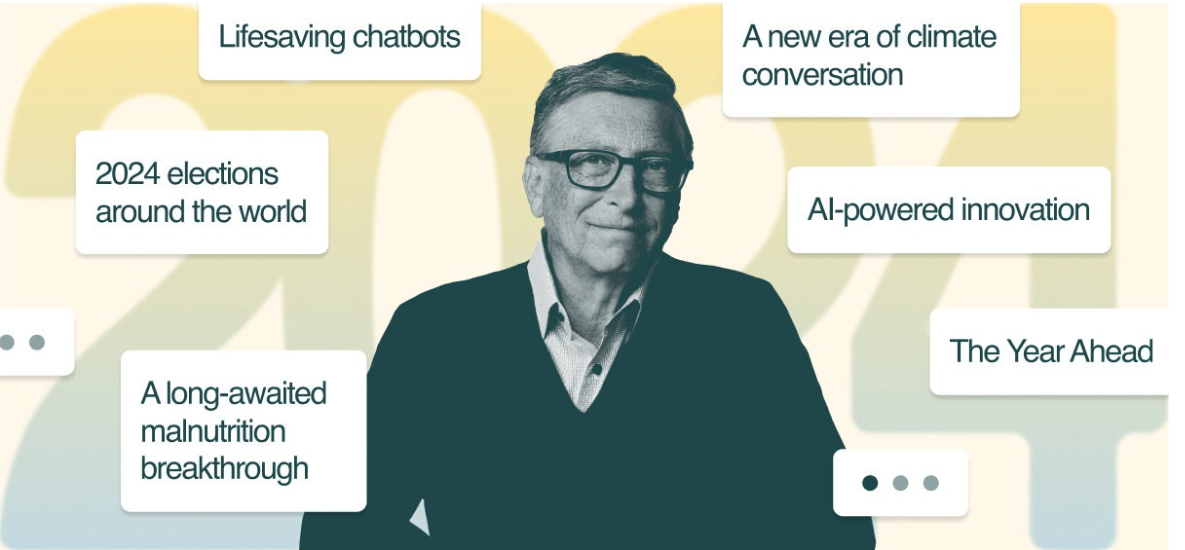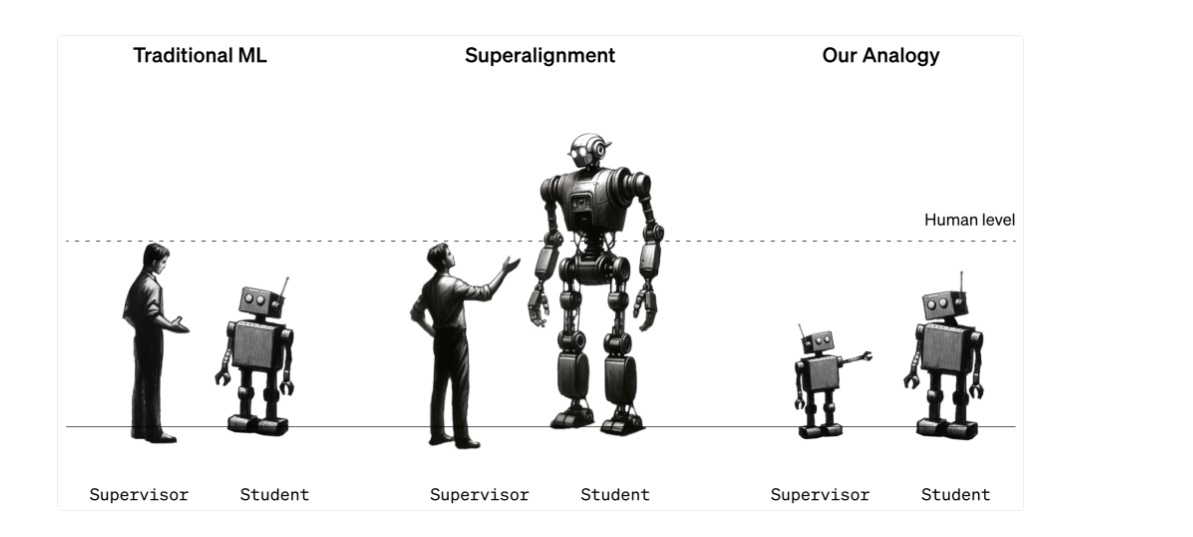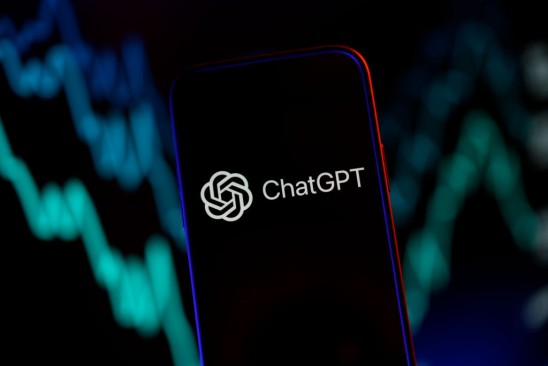By Ruiqi Chen, Editor at LinkedIn News — More and more parents are dipping into their nest eggs to support their adult children, and it could risk their retirements, Bloomberg reports. Roughly half of America’s young adults live with their parents, according to Harris Poll — a trend exacerbated by the pandemic, inflation and an […]

By AFP — ODESA, Ukraine: Ukrainian Orthodox Christians attended services on Sunday as the country for the first time celebrated Christmas on December 25, after the government changed the date from January 7, when most Orthodox believers celebrate, as a snub to Russia. “All Ukrainians are together,” said Ukrainian President Volodymyr Zelensky in a Christmas message released Sunday evening. “We all celebrate Christmas together. On the same date, as one big family, as one nation, as one united country.” In the southern Black Sea port of Odesa, churchgoers prayed and lit candles as priests in gold vestments held Christmas Eve service in the Cathedral of the Nativity, decorated with fir trees and a nativity scene. “We believe that we really should celebrate Christmas with the whole world, far away, far away from Moscow. For me that’s the new message now,” said one smiling parishioner, Olena, whose son is a medic on the front line. “We really want to celebrate in a new way. This is a holiday with the whole of Ukraine, with our independent Ukraine. This is very important for us,” she told AFP.
Most eastern Christian churches use the Julian calendar, where Christmas falls on January 7, rather than the Gregorian calendar used in everyday life and by Western churches. Zelensky signed a law in July moving the celebration to December 25, saying it allowed Ukrainians to “abandon the Russian heritage of imposing Christmas celebrations on January 7.” The date change is part of hastened moves since the invasion to remove traces of the Russian and Soviet empires. Other measures include renaming streets and removing monuments. The Orthodox Church of Ukraine formally broke away from the Russian Orthodox Church over Moscow’s annexation of Crimea in 2014 and its support for separatists in eastern Ukraine. The political rift has seen priests and even entire parishes swap from one church to another, with the new Orthodox Church of Ukraine growing fast and taking over several Russia-linked church buildings, moves supported by the government.

By Malek el Khazen — 2023 marked a pivotal year in technology, especially in generative AI “Gen AI”, symbolizing a transformative leap in human potential and capabilities. This year wasn’t just about incremental tech advancements; it was a quantum leap in our technological evolution. Gen AI, exemplified by tools like Microsoft Copilot, went beyond traditional search engines, becoming a dynamic, multifaceted tool that revolutionized work and productivity. The technological journey from basic landline phones to today’s advanced messaging apps, from rudimentary typewriters to high-performance computers with 3nm chips, reflects not just progress but a monumental shift towards a more sustainable, efficient future. Innovations like photonic networking and immersive cooling technologies are pioneering greener data centers.
While Gen AI raises concerns of an unregulated ‘wild west,’ it’s a continuation of our technological story. The transformation from the basic computers of the 1990s to today’s powerful machines has been significant, driving unprecedented progress. Initially, there could have been concerns in the 1990’s that computers might eliminate jobs, yet in reality, they have led to the creation of thousands of new roles and significantly enhanced job efficiency. Gen AI, therefore, isn’t a threat to human relevance in my opionion but a tool that enhances and augments our capabilities..
Specialized AIs like IBM’s Watson have shown task-specific superiority, but Gen AI represents a broader, more influential wave, akin to the advent of electricity or the internet. This technology is reshaping the job market, creating new roles and transforming existing ones, as seen in industries like film, transport, and accommodation..

Word of the Year
hallucinate [ huh-loo-suh-neyt ] (of artificial intelligence) to produce false information contrary to the intent of the user and present it as if true and factual.
verb: Example: When chatbots hallucinate, the result is often not just inaccurate but completely fabricated.
Dictionary.com lookups +46%
Media use +85%
General AI search interest +62%
How AI chatbots work—and why they sometimes don’t
The short list of other words:

by Bill Gates — The road ahead reaches a turning point in 2024 This year signaled the start of a new era. Here’s why I believe next year is an opportunity to shape the world’s next chapter for the better. By Bill Gates — When you think back on 2023, how will you remember it?
For me, this will always be the year I became a grandparent. It will be the year I spent a lot of precious time with loved ones—whether on the pickleball court or over a rousing game of Settlers of Catan. And 2023 marked the first time I used artificial intelligence for work and other serious reasons, not just to mess around and create parody song lyrics for my friends. This year gave us a glimpse of how AI will shape the future, and as 2023 comes to a close, I’m thinking more than ever about the world today’s young people will inherit. In last year’s letter, I wrote about how the prospect of becoming a grandparent made me reflect on the world my granddaughter will be born into.
Now I’m thinking more about the world she will inherit and what it will be like decades from now, when her generation is in charge. I can begin to picture it: the tools she will use, the ways she will stay in touch with her loved ones, the problems these innovations will help solve. We now have a better sense of what types of jobs AI will be able to do by itself and which ones it will serve as a copilot for. And it’s clearer than ever how AI can be used to improve access to education, mental health, and more. It motivates me to make sure this technology helps reduce—and doesn’t contribute to—the awful inequities we see around the world. I’ve always been a firm believer in the power of innovation to offer every child an equal chance to survive and thrive. AI is no exception.
The early years of a new age are often marked by lots of changes. If you are old enough to remember, think back to the beginning of the internet. At first, you probably didn’t know many people who were using it. But it became more common over time until, one day, you realized most people had email addresses, bought things online, and used search engines to answer their questions.

by MIT Technology Review by Will Douglas Heaven — It was a stranger who first brought home for me how big this year’s vibe shift was going to be. As we waited for a stuck elevator together in March, she told me she had just used ChatGPT to help her write a report for her marketing job. She hated writing reports because she didn’t think she was very good at it. But this time her manager had praised her. Did it feel like cheating? Hell no, she said. You do what you can to keep up. That stranger’s experience of generative AI is one among millions. People in the street (and in elevators) are now figuring out what this radical new technology is for and wondering what it can do for them. In many ways the buzz around generative AI right now recalls the early days of the internet: there’s a sense of excitement and expectancy—and a feeling that we’re making it up as we go.
That is to say, we’re in the dot-com boom, circa 2000. Many companies will go bust. It may take years before we see this era’s Facebook (now Meta), Twitter (now X), or TikTok emerge. “People are reluctant to imagine what could be the future in 10 years, because no one wants to look foolish,” says Alison Smith, head of generative AI at Booz Allen Hamilton, a technology consulting firm. “But I think it’s going to be something wildly beyond our expectations.” “Here’s the catch: it is impossible to know all the ways a technology will be misused until it is used.” The internet changed everything—how we work and play, how we spend time with friends and family, how we learn, how we consume, how we fall in love, and so much more. But it also brought us cyber-bullying, revenge porn, and troll factories. It facilitated genocide, fueled mental-health crises, and made surveillance capitalism—with its addictive algorithms and predatory advertising—the dominant market force of our time. These downsides became clear only when people started using it in vast numbers and killer apps like social media arrived.
Generative AI is likely to be the same. With the infrastructure in place—the base generative models from OpenAI, Google, Meta, and a handful of others—people other than the ones who built it will start using and misusing it in ways its makers never dreamed of. “We’re not going to fully understand the potential and the risks without having individual users really play around with it,” says Smith. Generative AI was trained on the internet and so has inherited many of its unsolved issues, including those related to bias, misinformation, copyright infringement, human rights abuses, and all-round economic upheaval. But we’re not going in blind. Here are six unresolved questions to bear in mind as we watch the generative-AI revolution unfold. This time around, we have a chance to do better.

My opinions are my own. By Malek el Khazen
Looking ahead to 2024-2025, the business landscape is filled with potential. In this article, I’ve compiled a list of potential new startups that may be poised to become major players. These predictions are based on current trends, innovations, and market movements.

MIT Technology Review by Will Douglas Heaven — OpenAI has announced the first results from its superalignment team, the firm’s in-house initiative dedicated to preventing a superintelligence—a hypothetical future computer that can outsmart humans—from going rogue. Unlike many of the company’s announcements, this heralds no big breakthrough. In a low-key research paper, the team describes a technique that lets a less powerful large language model supervise a more powerful one—and suggests that this might be a small step toward figuring out how humans might supervise superhuman machines. Less than a month after OpenAI was rocked by a crisis when its CEO, Sam Altman, was fired by its oversight board (in an apparent coup led by chief scientist Ilya Sutskever) and then reinstated three days later, the message is clear: it’s back to business as usual. Yet OpenAI’s business is not usual. Many researchers still question whether machines will ever match human intelligence, let alone outmatch it. OpenAI’s team takes machines’ eventual superiority as given. “AI progress in the last few years has been just extraordinarily rapid,” says Leopold Aschenbrenner, a researcher on the superalignment team. “We’ve been crushing all the benchmarks, and that progress is continuing unabated.”
For Aschenbrenner and others at the company, models with human-like abilities are just around the corner. “But it won’t stop there,” he says. “We’re going to have superhuman models, models that are much smarter than us. And that presents fundamental new technical challenges.” In July, Sutskever and fellow OpenAI scientist Jan Leike set up the superalignment team to address those challenges. “I’m doing it for my own self-interest,” Sutskever told MIT Technology Review in September. “It’s obviously important that any superintelligence anyone builds does not go rogue. Obviously.” Amid speculation that Altman was fired for playing fast and loose with his company’s approach to AI safety, Sutskever’s superalignment team loomed behind the headlines. Many have been waiting to see exactly what it has been up to.
Dos and don’ts

by Crunchbase News by Chris Metinko
1. Tome Biosciences, $213M, biotech: A big biotech raise hit high on the list this week. Watertown, Massachusetts-based Tome Biosciences emerged from stealth with a $213 million combination Series A and B funding from investors that include the likes of Andreessen Horowitz Bio + Health and Arch Venture Partners. The startup’s “molecular surgery” technology, based on research licensed from the Massachusetts Institute of Technology, is designed to allow the insertion of varying sizes of genetic material in the genome without damaging DNA. The company plans to use the tech to develop gene therapies for monogenic liver diseases and cell therapies for autoimmune diseases.
2. Bicara Therapeutics, $165M, biotech: If Bicara Therapeutics looks familiar, it’s because this isn’t its first time on this list. Boston-based Bicara Therapeutics raised a $108 million Series B co-led by Red Tree Venture Capital and RA Capital Management in March. This week, it is back with a $165 million Series C co-led by Braidwell and TPG — which is investing through its TPG Life Sciences Innovations, and The Rise Fund. The company is developing biologics to fight tumors and is already in clinical trials for a head and neck cancer treatment. Founded in 2020, the company has raised $313 million, per Crunchbase.
3. True Anomaly, $100M, space: Centennial, Colorado-based True Anomaly, which develops hardware and software systems to help space security and readiness, raised $100 million in a round led by Riot Ventures this week. The company’s valuation was not disclosed, but Bloomberg reported it was not $1 billion. The startup helps the government and commercial customers keep an eye on threats to assets they have in space, such as satellites. The company’s Jackal autonomous orbital vehicles, which can detect objects in space, are slated to launch aboard SpaceX‘s Transporter-10 mission next year. Founded in 2022, the company has raised $158 million to date.
4. Totus Medicines, $66M, biotech: As one can tell, biotech really went big this week. Our third such startup already on the list, Emeryville, California-based Totus Medicines, closed a $66 million Series B financing led by DCVC Bio. The firm specializes in small molecule drug discovery and development using covalent libraries and AI tools. Founded in 2020, the company has raised $106 million, per Crunchbase.
5. Essential AI, $57M, artificial intelligence: Essential AI’s round this week is a good example of what many AI startups did all this year — raise big money from corporates. The San Francisco-based startup announced it had $56.5 million in new funding led by March Capital, but other investors also were a who’s who of AI big tech — Advanced Micro Devices, Google, Nvidia and others. The interest seems warranted, as the company is attempting to use AI to automate monotonous corporate tasks — which could be a big market. The company is calling its technology the “Enterprise Brain.” Founded this year, the company already has raised more than $100 million, per Crunchbase data.

By arabnews.com — Travelers from the UAE and Saudi Arabia plan to increase their spending on breaks and holidays over the next three years and will have more of an eye on sustainability than ever before. In fact, most now check the sustainability of their travel plans, and are prepared to pay over 20 percent more for environmentally-friendly accommodation. Meanwhile, artificial intelligence will become a key tool for holiday planning — with half of people in both the UAE (52 percent) and the Kingdom (50 percent) already using it for this purpose. Moreover, “dupe” destinations — that are similar to traditional holiday destinations but closer and cheaper — will be another key theme.
In addition, “slow holidays” — where travelers take their time, connect with the local culture, disconnect from technology and minimize their impact on the environment — will be another significant trend. These are the key outtakes from the Middle East findings of Marriott Bonvoy’s 2024 Future Travel Trends research, in collaboration with foresight agency The Future Laboratory, which analyzed the travel plans of 14,000 travelers across Europe and the Middle East over the next three years. Neal Jones, chief sales and marketing officer, Marriott International — Europe, Middle East and Africa, said: “Two trends we have seen coming to the fore in particular from the consumer research are sustainability and AI — particularly among younger travelers under the age of 45. Being ecologically responsible is moving from being a ‘nice-to-have’ to a ‘must-have’ for many of these travelers and will only become more so.”
The rise of AI
The era of AI holiday planning is very much here — half or more (52 percent from the UAE and 50 percent from the Kingdom) have used AI to help them plan or research a holiday. Meanwhile, 77 percent in both countries say they are likely to use it in the future, showing the trend is set to grow further still. Amongst those who did use AI, 95 percent in both the UAE and Saudi Arabia say it influenced their holiday decision in some way. This includes booking the accommodation it recommended, booking the activities it recommended, and booking food it recommended.



